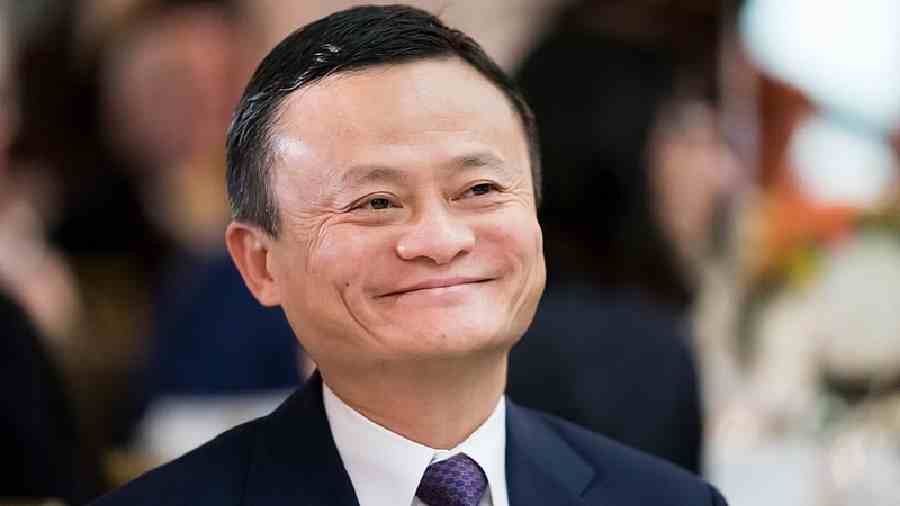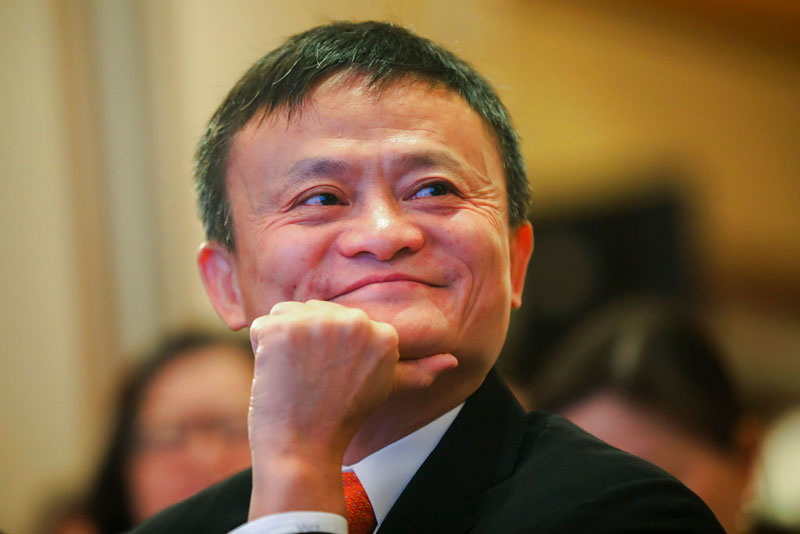One of China’s most influential financial tech companies, Ant Group, said on Saturday that the billionaire entrepreneur Jack Ma planned to relinquish control of the company.
Ma’s retreat from the company he founded comes after the ruling Communist Party waged an unprecedented crackdown on Big Tech.
Beijing had made Ma’s Ant Group and its sister company, the e-commerce giant Alibaba, the crown jewels of his online empire, early targets in its campaign to curb the power of Internet giants.
Chinese officials had forced Ant Group to call off what would have been a blockbuster initial public offering in 2020 and later fined Alibaba a hefty $2.8 billion for abusing its dominance.
Last year, Ant Group said it would undertake a major government-ordered overhaul of its business to address regulators’ concerns about unfair competition and the amount of data it collects on users.
Under Xi Jinping, China’s top leader, Beijing has sought to exert greater state control over the economy in recent years, including by reining in the influence of tycoons who amassed enormous wealth but were seen to overstep their bounds.
Ma was once hailed in China as a model of success, but he faced increasing trouble with the Chinese government, especially after he criticised the nation’s banking regulators in late 2019.
In recent years, he has largely disappeared from public view.
Ant Group said in an announcement on Saturday that Ma would no longer be the “control person” who holds 34 per cent of the company’s shares. Instead, he would be one of 10 major shareholders.
The announcement, which described the move as part of a “corporate governance optimisation” plan, gave no details about when the changes would be finalised, and noted that they would not affect the company’s day-to-day operations. Under Ant Group’s current governance structure, Ma does not have a management role.
Ant’s flagship Alipay app is a major portal for more than 1 billion users in China who use it to pay for meals, shop on credit and build their savings. But its influence and size made it a focus of concern for Beijing as the authorities scrutinised the fintech industry for potential risks to the country’s broader financial system.
Then, in 2020, shortly before Ant was set to go public, regulators abruptly halted its initial public offering, estimated at the time at $34 billion, which would have been the largest IPO on record.
It was not immediately clear how Ma’s retreat from Ant Group might affect any plans the fintech giant might have for resuming its initial public offering. But it will probably be delayed because of listing requirements.
The Hong Kong stock exchange requires a one-year waiting period after a change in ownership; other markets require two or three years. Ant Group has worked to restructure its companies in accordance with Chinese authorities’ demands.
Last month, regulators approved a $1.5-billion capital increase plan for its consumer lending unit, allowing an arm of the Hangzhou government to become its second-largest shareholder.
The capital increase overcomes a key regulatory hurdle, allowing it to issue up to an estimated 500 billion yuan, or $73 billion, worth of consumer loans.
The approval was the latest indicator that the Chinese government is ready to loosen its hardline stance on Internet companies in an effort to jumpstart economic activity in 2023.
After a prolonged period of strict “zero Covid” lockdowns and stringent fines and regulations on Ant Group and other tech giants, Li Qiang, the Communist Party’s new No. 2 official, urged cadres in an economic meeting in December to “vigorously develop the digital economy” and improve their global competitiveness.
New York Times News Service












